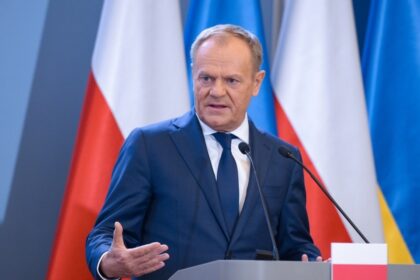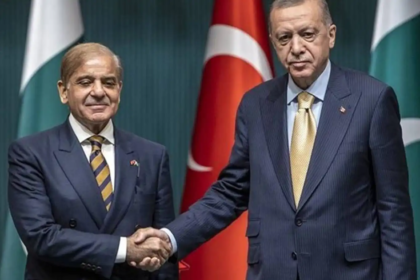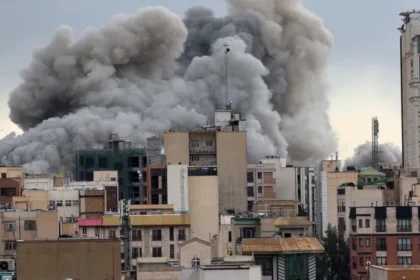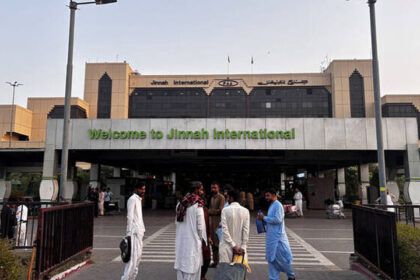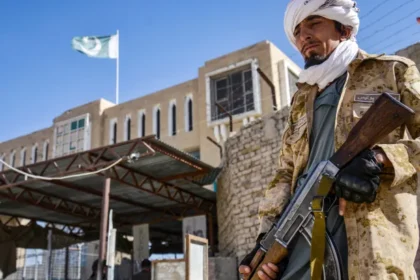India and the United States have agreed to finalize the first phase of a bilateral trade agreement by fall 2025. However, as of now, there are no indications that the U.S. will provide tariff exemptions for India. The recent trade discussions in New Delhi concluded without resolving the impending U.S. reciprocal trade tariffs set to commence on April 2. India’s protectionist policies and its trade surplus with the U.S. have made it susceptible to potential retaliatory measures from the Trump administration.
Despite India’s efforts over the past two months to ease trade tensions—such as reducing tariffs on select products including high-end motorcycles and bourbon whiskey—the recent talks did not yield immediate relief from the upcoming tariffs. Both nations have expressed a commitment to deepen cooperation by increasing market access, reducing tariff and non-tariff barriers, and integrating supply chains.
The U.S. decision to impose a 25% tariff on nations purchasing oil from Venezuela is also expected to impact India, a buyer of Venezuelan crude. While President Trump has previously criticized India as “one of the highest tariffing nations in the world,” he has also hinted at a positive resolution with New Delhi in the future.






